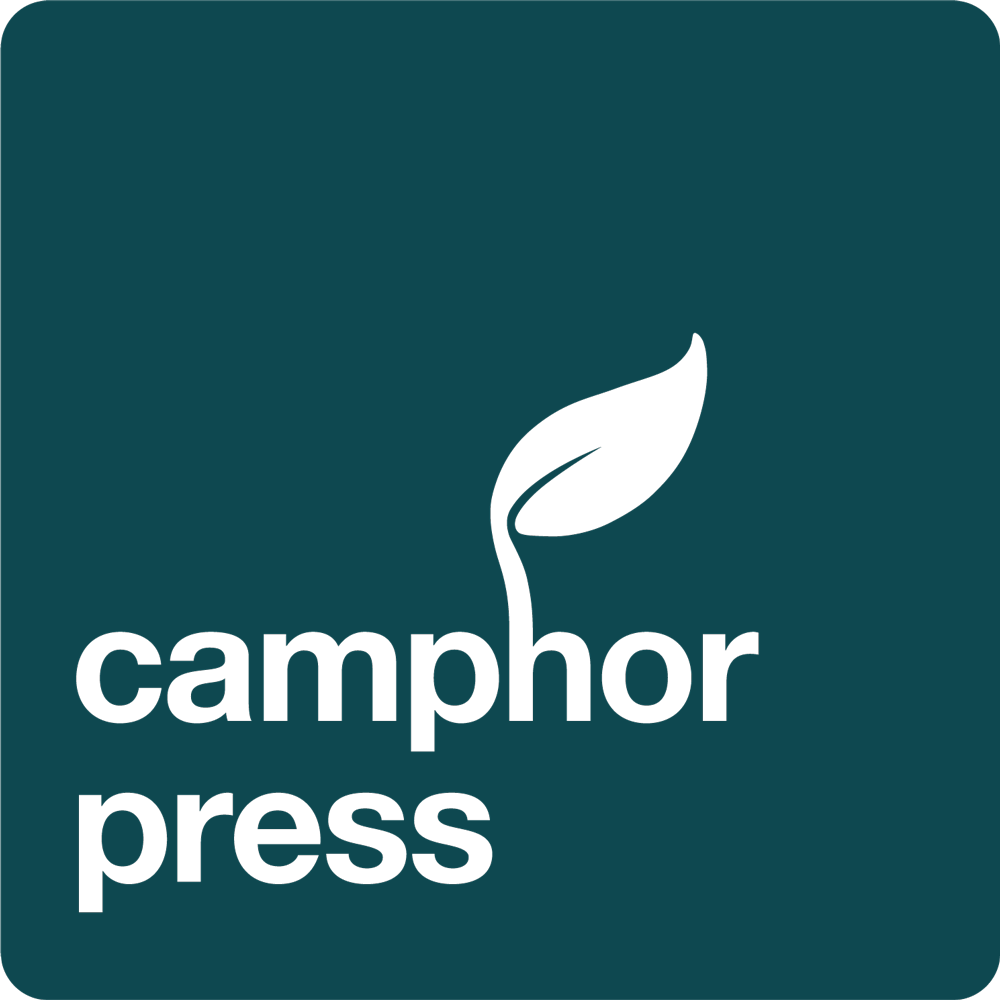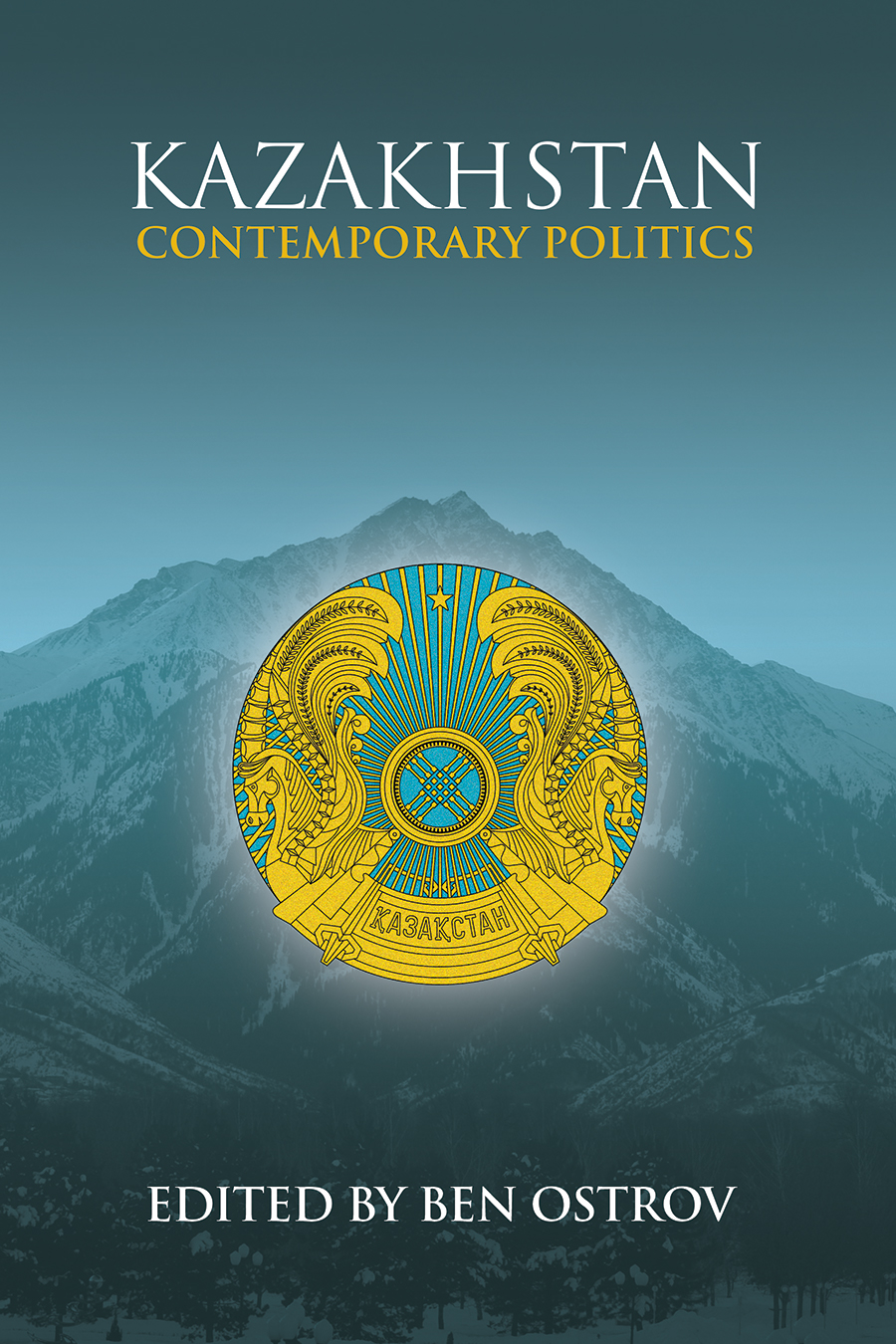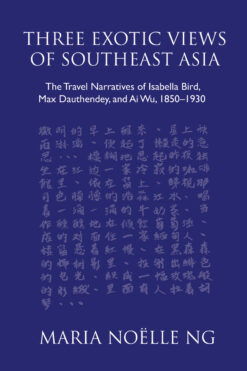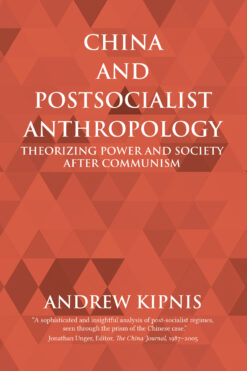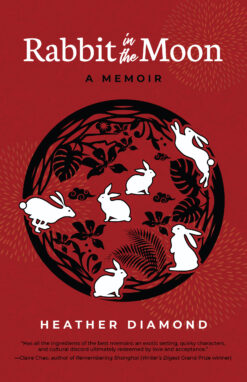Kazakhstan
Contemporary Politics
![]() $19.99 (paperback) | ISBN
978-1-78869-013-3
$19.99 (paperback) | ISBN
978-1-78869-013-3
![]() $34.99 (hardback) | ISBN
978-1-78869-014-0
$34.99 (hardback) | ISBN
978-1-78869-014-0
We have temporarily suspended direct orders from our website while we address supply chain issues.
However this title is also available from:
Amazon
Description
A distinguished group of authoritative scholars, officals, and policy experts here express their first-hand insights, their ambitions, and their cautions for the future of Kazakhstan.
Policy and practice are examined in detail and the results of their analysis presented on challenges ranging from introducing national self-determination, inequitable distribution of power and privilege, national identity and constitutional law, the interrelationship of corruption and authoritarianism, Kazakhstan’s role in global oil politics, and the gentle art of international relations with Russia, just next door, and the United States, half a world away.
Kazakhstan is a republic in Central Asia roughly the size of Western Europe and about four times larger than Texas. The country regained its independence in 1991 with the disintegration of the Soviet Union and is a leading world producer of oil and gas as well as a variety of strategic minerals. Over half the 15 million population is Christian, mostly Russian Orthodox, with the remainder largely Muslims. Ethnic Kazakhs constitute just over half the population with Russians contributing another third, followed by Ukrainians at about 5% and the remainder made up of over 100 different ethnicities.
Related books
Maria Noëlle Ng
| $14.99 | $24.99 |
| Paperback | Hardback |
Andrew Kipnis
| $24.99 | $44.99 |
| Paperback | Hardback |
Heather Diamond
| $2.99 | $9.99 | $25.99 |
| E-book | Paperback | Hardback |
